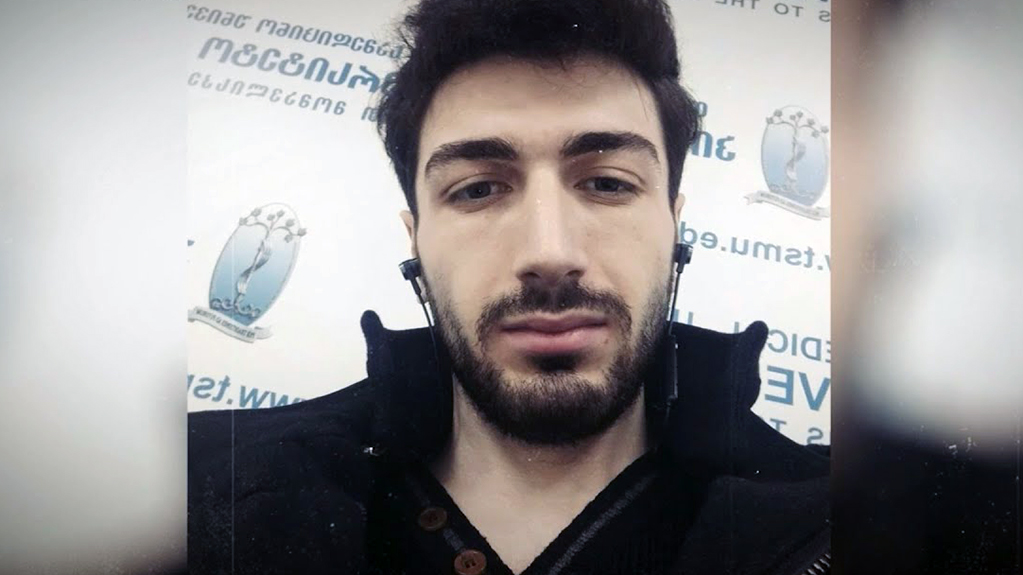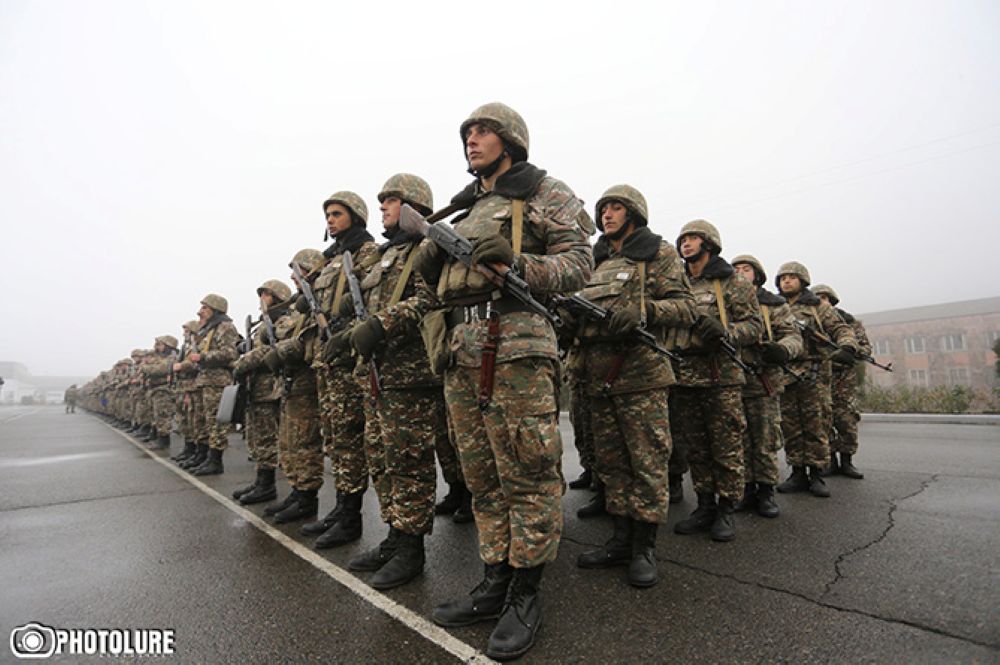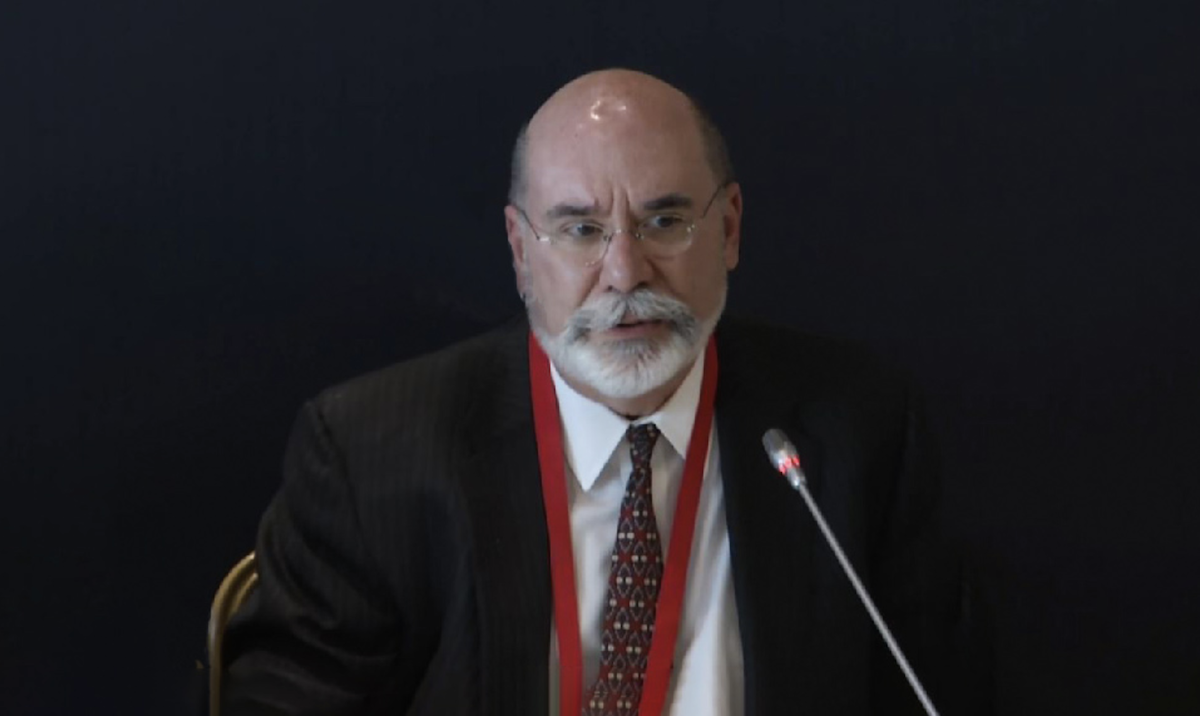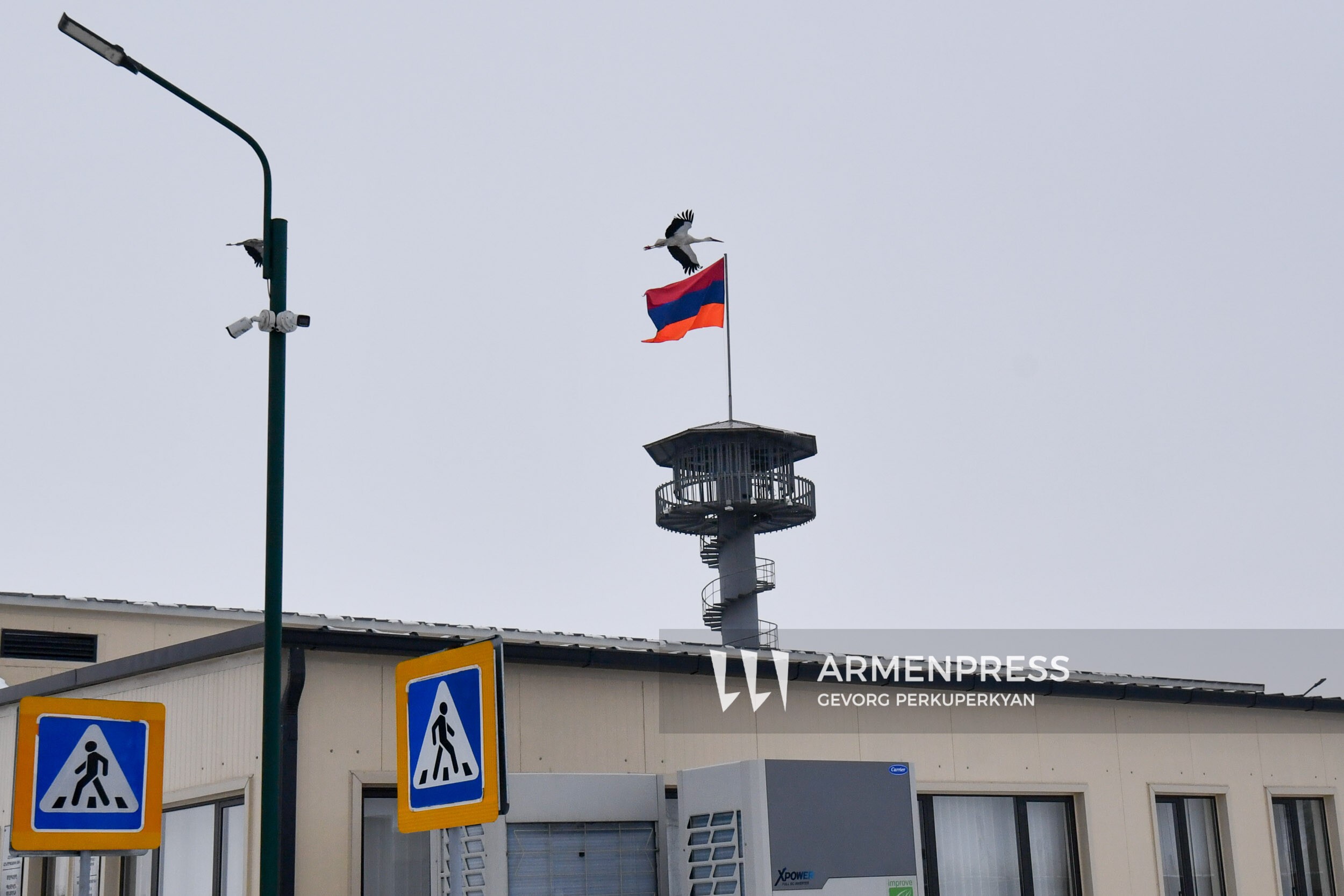Why do most S. Ossetian high-school graduates apply for universities in Russia?
As the university application season approaches, journalist, blogger, and entrepreneur Alan Parastaev explores why South Ossetian school graduates prefer Russian universities.
The exam period is now in full motion in South Ossetia and, much like in Soviet times and the 90s, S. Ossetian teenagers are taking their final exams in schools, instead of taking the unified state exam, which, unlike in Russia, has never been introduced here.
In recent years, the majority of South Ossetian applicants have been admitted to universities in Russia, and all of them had to both sit exams and pass interviews.
- Re-examining the radicalizing narratives of Georgia’s conflicts
- Why are there no psychiatric hospitals in S. Ossetia?
- S. Ossetian opposition ends parliament boycott following constitutional reform promise
The system of university applications is rather complex for S.Ossetian first-year applicants. Quotas in Russian universities are allocated every year for South Ossetian students, but the Russian institutions that introduce them work with various agencies in S. Ossetia, so it is often hard to determine the exact number of places available for applicants from South Ossetia.
The most famous organization dealing with the distribution of quotas is Rossotrudnitchestvo which has been working in South Ossetia since 2003.
This year, as in previous years, 18 university places will be allocated for South Ossetian applicants via this organization, said Sergei Skvortsov, representative of Rossotrudnichestvo in South Ossetia. Despite the fact that the number of places remains unchanged, the directions are adjusted every year in cooperation with the South Ossetian departments.
Until 2013, the South Ossetian Ministry of Education would conduct interviews and allocate places for applicants to study at Russian universities. However, in recent years, the representative office of Rossotrudnichestvo has been charged with this process.
This year, applicants will be passing the selection process online, meaning that they will no longer have to submit documents to the Rossotrudnichestvo. All information required from the applicant will now have to be uploaded to the website. The functions of Rossotrudnichestvo are, therefore, reduced to tracking the downloaded data and reacting in time if something needs to be corrected or added.
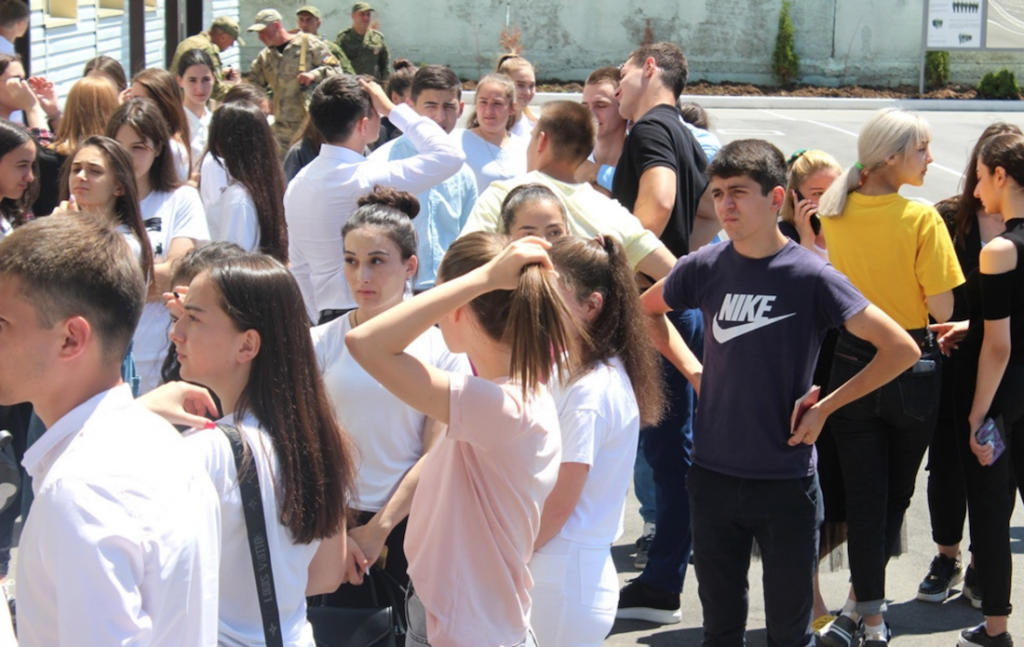
Why most applicants choose to undertake military careers
The places in Russian universities provided by Rossitrudnichestvo are only a part of all quotas provided by Russia to S. Ossetian applicants.
The Russian Ministry of Defense is the leader in terms of quotas this year, offering a total of 91 places in the Russian military universities (former military schools). In comparison, the Ministry of Internal Affairs of Russia allocated 21 places for South Ossetia students in its educational institutions.
But this does not mean that we will get 91 officers, artillerymen, or paratroopers. A large percentage of the professions offered by the Russian military to South Ossetian applicants have little to do with military service, and instead, S. Ossetian students can learn to become doctors, financiers, engineers, or even musicians and diplomats.
Having said that, those who really want to dedicate their lives to military service can apply for military universities. Some are joining the South Ossetian army hoping that, after several years, to become a Russian officer, as most of them also have Russian citizenship. According to the existing agreement, our cadets cannot join the Russian army immediately upon graduation and study in Russia as foreign students.
Same is the case with quotas for other universities of law enforcement agencies (KGB, Ministry of Internal Affairs) and the Ministry of Emergency Situations.
Diplomacy, art, culture and other specialties
Both MGIMO (Moscow Institute of International Relations) and the Diplomatic Academy propose S. Ossetian students study diplomacy in order to competently defend the foreign policy interests of our republic. As a result, South Ossetia expects to receive 10 certified diplomats.
The most active in promoting art and culture, according to my friends, is the Russian Center for Science and Culture in Tskhinvali. The center distributes quotas for specialties related to cinema, theater, visual arts, and other creative professions.
If we add to this list the places allocated by the universities of the Republic of North Ossetia-Alania, among which about 60 are offered by the Mining Institute, then it is obvious that there is no shortage of university places for South Ossetian youth.
Will S.Ossetian youth return after studying in Russia
The main problem associated with the return of our youth after graduating from Russian universities is multifaceted and ambiguous. There is a certain form of agreement with applicants – having entered a university in Russia, they vow to return to South Ossetia after graduation.
For its part, the state assumes responsibility for the employment of young specialists but the real question is whether or not a recent graduate will be satisfied with it. In addition, vacancies may simply not be available.
For example, the aforementioned diplomats – with all due respect to this profession – are clearly not in demand here.
There is another problematic aspect associated with qualifications, or rather, with the acquisition of work experience. It is clear that the opportunity to work for at least a couple of years after receiving a diploma in a Russian institution or company gives a specialist the right to call themselves a professional and work more productively upon returning home.
But how to organize such a practice, and, most importantly, how to organize the return of the young specialists? After all, the employer will no longer want to let go of a good specialist, and the specialists themselves may not want to leave the team where they achieved their first successes.
It often happens that the parents of quota graduates are inclined to persuade and even encourage their children to stay where they study. I know a lot of such examples and I cannot explain what caused this behavior because it can be said without exaggeration that it is definitely easier to live and work in Tskhinval today than in many regions of Russia and even in its capital, where both the rhythm of life and the prices can be overwhelming. Although the career can be built faster there as well, it is not always the case for everyone.
If we talk about the ratio of the students entering Russian universities and our native alma mater, the South Ossetian State University, then it is about 60% to 40%. For example, last year 207 young people were admitted to the daytime department at YUOGU. Of these, at least 170 were high school graduates. According to my calculations, more than 200 of our former schoolchildren will go to study in Russia this year.
Terms, place names, opinions and publication ideas do not necessarily coincide with those of JAMnews or its individual employees. JAMnews reserves the right to remove comments on posts that are deemed offensive, threatening, violent or otherwise ethically unacceptable.











